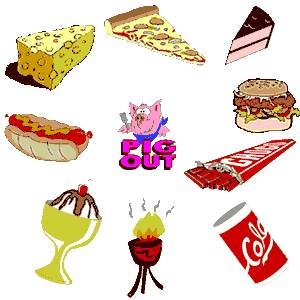Eating Habits Drives People To Eat Bad Food
 Called “environmental cues” by scientists, the elements that surround when and where we eat can define what we eat, even if it tastes bad.
Called “environmental cues” by scientists, the elements that surround when and where we eat can define what we eat, even if it tastes bad.
The scientists at USC conducted an experiment testing whether or not movie-goers who generally ate popcorn at the movies would eat week old stale popcorn. Those who didn’t usually eat popcorn at the movies ate much less of the stale popcorn while those that generally indulged in the buttery treat ate about the same popcorn whether it was fresh or stale.
“When we’ve repeatedly eaten a particular food in a particular environment, our brain comes to associate the food with that environment and make us keep eating as long as those environmental cues are present,” says lead author David Neal. At the time the study was conducted Neal was a psychology professor at the college.
Co-author Wendy Wood, professor of Psychology and Business at USC, continued, “Once we’ve formed an eating habit, we no longer care whether the food tastes good. We’ll eat exactly the same amount (of popcorn), whether it’s fresh or stale.”
Neal said of the research, “The results show just how powerful our environment can be in triggering unhealthy behavior.”
Source: http://www.sciencedaily.com/releases/2011/09/110901135108.htm
 Eating Disorder Self Test. Take the EAT-26 self test to see if you might have eating disorder symptoms that might require professional evaluation. All answers are confidential.
Eating Disorder Self Test. Take the EAT-26 self test to see if you might have eating disorder symptoms that might require professional evaluation. All answers are confidential.